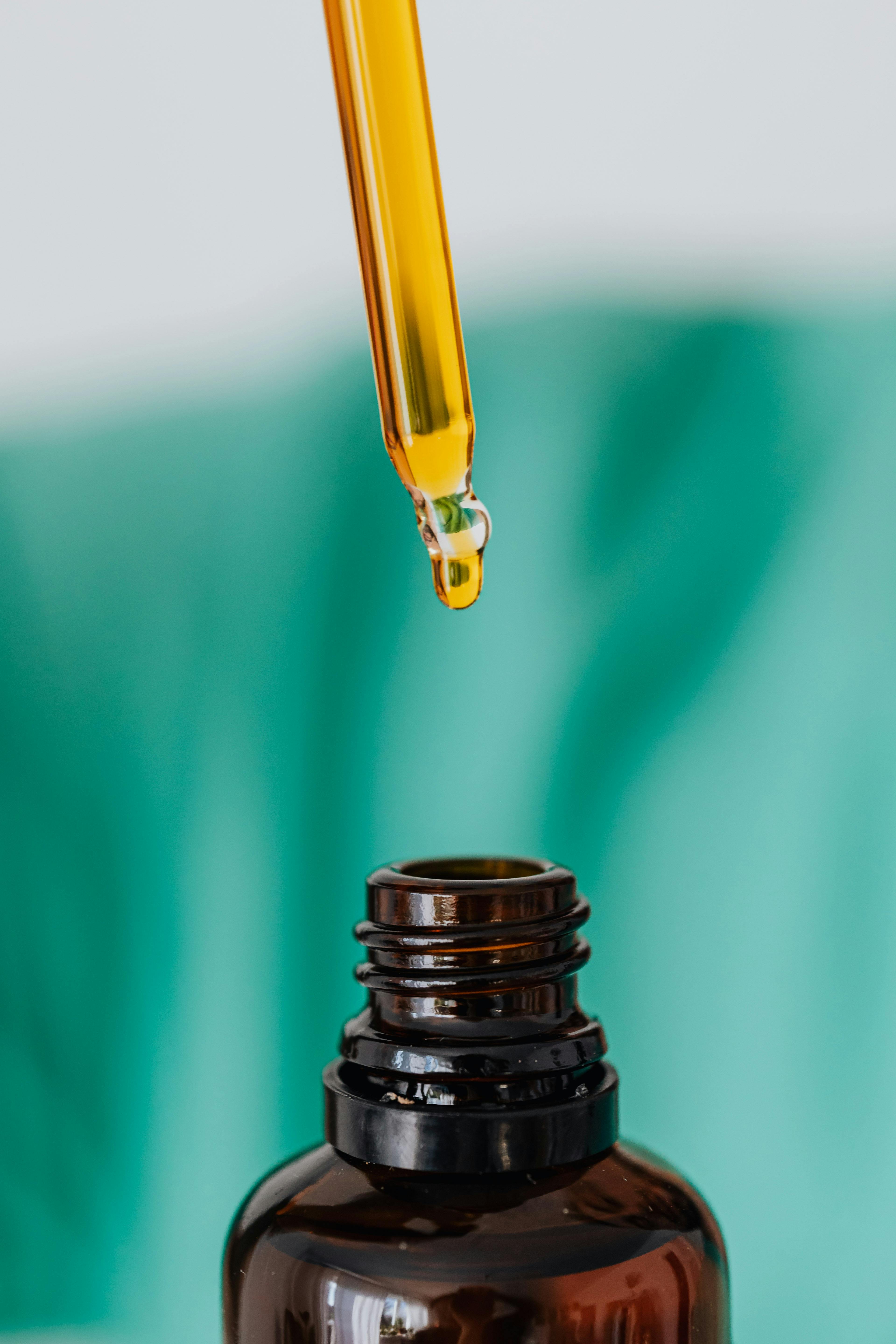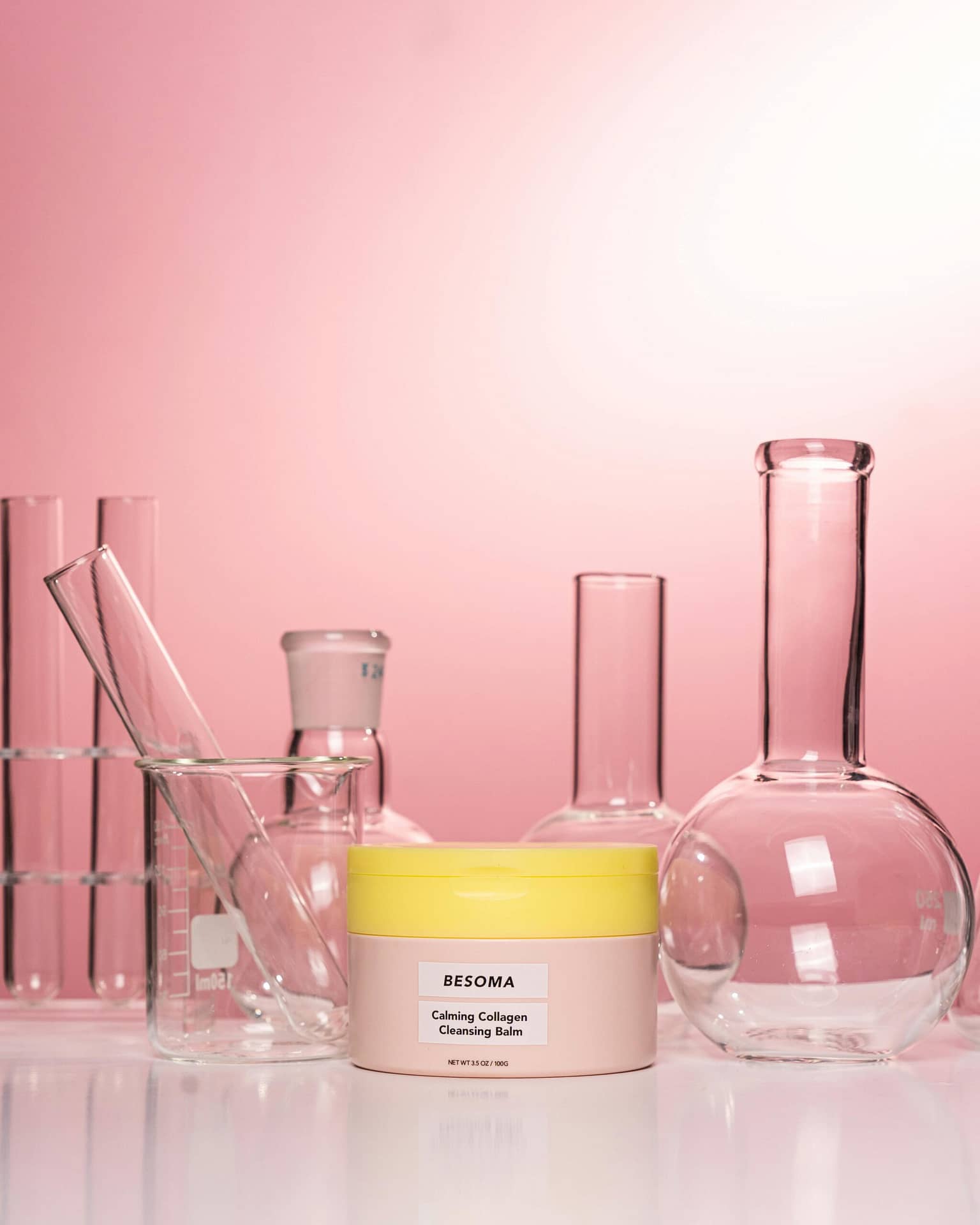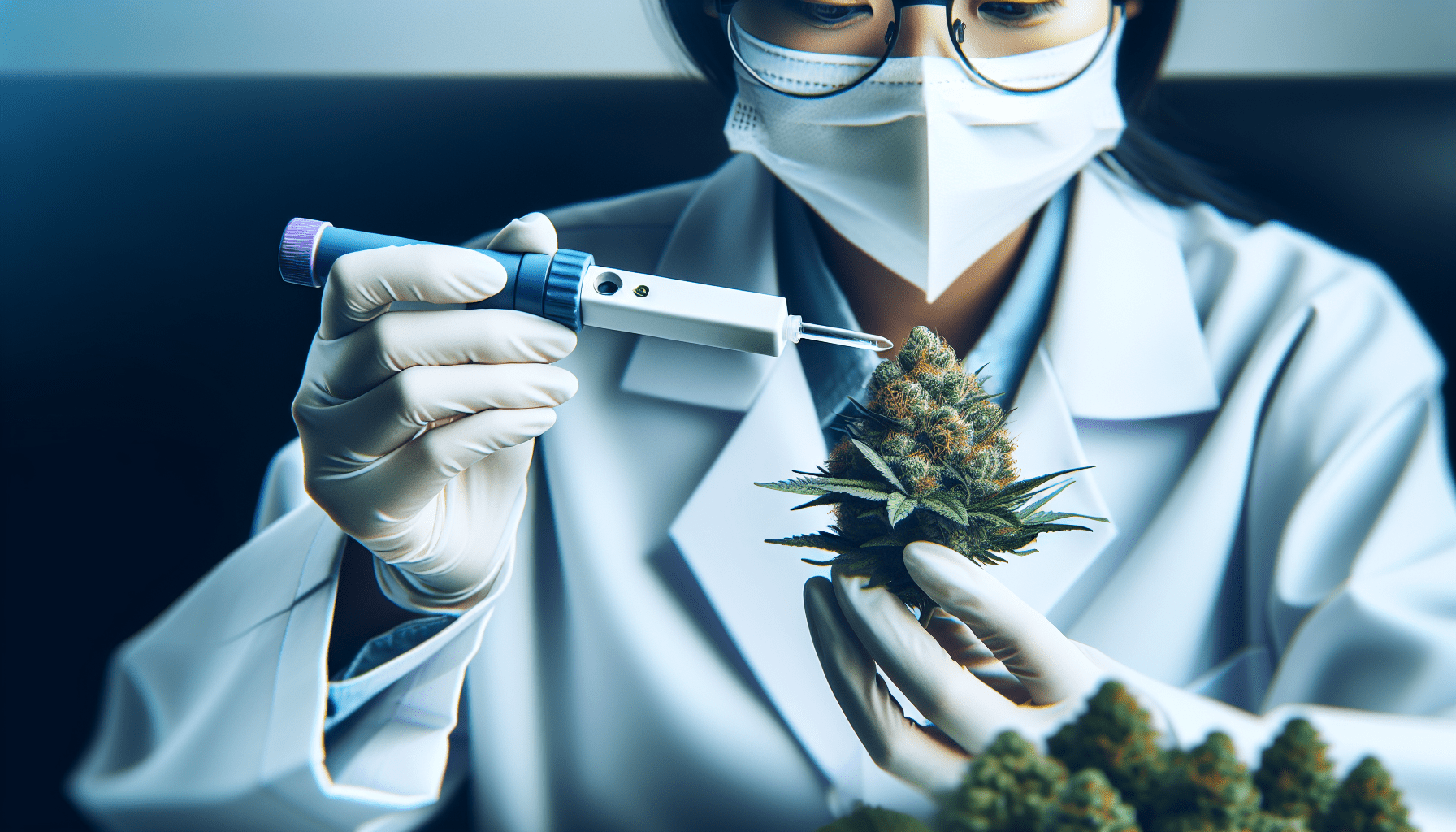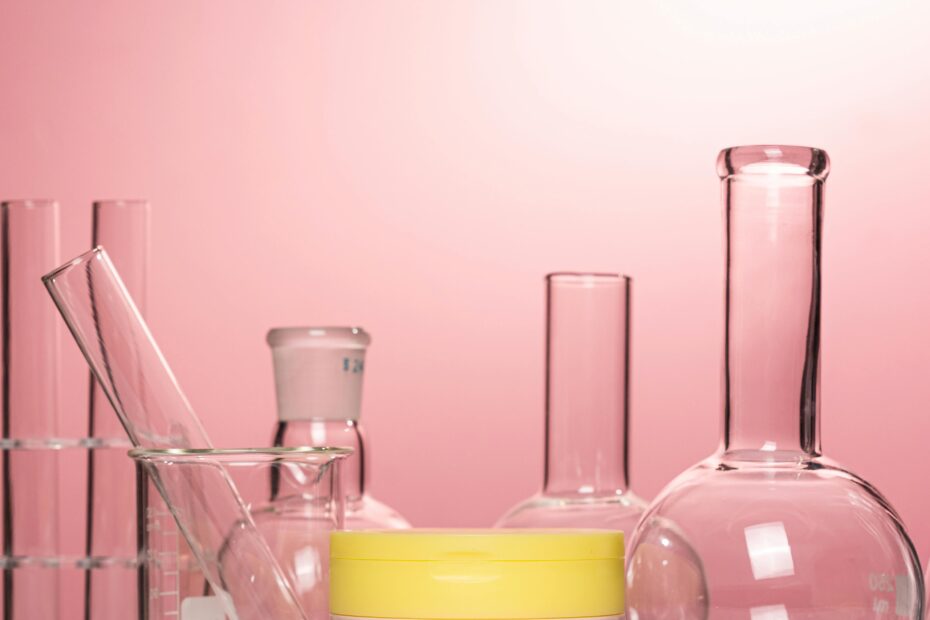Have you ever wondered why cannabis testing is crucial? By ensuring that cannabis products are free of harmful contaminants, such as pesticides and heavy metals, testing not only protects consumers but also helps maintain product quality and consistency. From potency to terpene profiles, testing provides valuable information to both consumers and regulators. Understanding the importance of cannabis testing can help you make informed decisions when purchasing cannabis products. Have you ever wondered about the importance of cannabis testing? From understanding potency levels to ensuring safety and compliance, there are several reasons why cannabis testing plays a crucial role in the industry. Let’s dive into the world of cannabis testing and explore why it is so important.
The Basics of Cannabis Testing
When you purchase cannabis products, whether it’s flower, edibles, or concentrates, you want to know what you’re consuming. Cannabis testing involves analyzing samples of cannabis products to determine their chemical makeup, potency, and quality. It helps ensure that consumers are getting a safe and reliable product.
Cannabis testing typically involves analyzing the levels of cannabinoids (such as THC and CBD), terpenes, pesticides, heavy metals, mold, and other contaminants. By undergoing rigorous testing, cannabis products can be accurately labeled, giving consumers the information they need to make informed decisions.
Why Testing for Potency Matters
One of the primary reasons for cannabis testing is to determine the potency levels of cannabinoids, particularly THC and CBD. Potency testing measures the concentration of these cannabinoids in the products, giving consumers an idea of how strong the effects will be.
Knowing the potency of cannabis products is essential for both medical and recreational users. Medical patients may require specific potency levels to manage their symptoms effectively, while recreational users may want to adjust their consumption based on potency to achieve their desired experience.
Potency testing also helps producers ensure consistency in their products. By testing each batch, producers can maintain quality control and offer consistent products to consumers.
Ensuring Safety through Contaminant Testing
Another crucial aspect of cannabis testing is ensuring that products are free from contaminants such as pesticides, heavy metals, mold, and other harmful substances. Contaminant testing helps protect consumers from potential health risks associated with consuming contaminated cannabis products.
Pesticides, for example, can be harmful if consumed, especially for individuals with compromised immune systems or underlying health conditions. Heavy metals, such as lead and arsenic, can also pose serious health risks if present in cannabis products. Mold can cause respiratory issues and allergies when inhaled or ingested.
By conducting thorough contaminant testing, cannabis producers can ensure that their products meet safety standards and regulatory requirements, providing consumers with peace of mind when using cannabis products.

Regulatory Compliance and Quality Assurance
In the rapidly evolving cannabis industry, regulatory compliance is essential for businesses to operate legally and maintain consumer trust. Cannabis testing plays a crucial role in ensuring that products meet regulatory standards set by local and state authorities.
Meeting Legal Requirements
Many states and countries have established regulations requiring cannabis products to undergo testing before they can be sold to consumers. These regulations dictate the types of testing required, such as potency, contaminants, and microbial analysis, to ensure consumer safety.
By testing their products and complying with regulatory requirements, cannabis businesses can avoid legal issues, fines, and potential closures. It also helps build trust with consumers who value transparency and accountability in the products they purchase.
Quality Control and Consistency
Quality assurance is another significant benefit of cannabis testing. By testing their products regularly, producers can identify any inconsistencies or defects in their processes and make necessary adjustments to improve quality control.
Consistent testing also allows producers to monitor the quality of their products over time and ensure that they meet the desired standards. This leads to better products for consumers and a stronger reputation for the brand.

Importance of Third-Party Testing
While some cannabis producers conduct in-house testing, third-party testing facilities play a vital role in ensuring the accuracy and integrity of test results. Third-party testing involves sending samples of cannabis products to independent laboratories for analysis by trained professionals.
Unbiased Results
One of the key benefits of third-party testing is the unbiased nature of the results. Independent laboratories have no vested interest in the outcome of the tests, ensuring that the results are objective and reliable. This helps maintain trust between consumers and producers by providing transparent and accurate information about the products.
Advanced Testing Techniques
Third-party testing facilities often have state-of-the-art equipment and advanced testing techniques that may not be available to in-house testing facilities. This allows for more comprehensive and detailed analysis of cannabis products, leading to more accurate results.
By utilizing third-party testing facilities, cannabis producers can ensure that their products undergo rigorous testing and meet the highest quality standards before reaching the market.

Understanding Test Results
When you purchase cannabis products from a dispensary, you may notice labels with test results that include an array of numbers and percentages. Understanding these test results can help you make informed decisions about the products you consume.
Interpreting Potency Levels
Potency test results typically display the percentage of THC and CBD present in the product. For example, a label may indicate that a cannabis strain contains 22% THC and 1.5% CBD. This information can help you choose products based on your desired experience and tolerance levels.
If you’re new to cannabis or have a low tolerance, you may want to start with products that have lower THC levels to avoid overwhelming effects. On the other hand, experienced users may prefer products with higher THC concentrations for a more potent experience.
Assessing Contaminant Levels
Contaminant test results reveal the presence of pesticides, heavy metals, mold, and other harmful substances in cannabis products. These results are crucial for ensuring the safety and quality of the products you consume.
If a product has failed contaminant testing, it may pose health risks if consumed. Always check the test results before purchasing cannabis products to ensure that they meet safety standards and do not contain any harmful contaminants.

The Future of Cannabis Testing
As the cannabis industry continues to evolve, so will cannabis testing standards and techniques. Advances in technology and research will drive improvements in testing methods, leading to more accurate and detailed analysis of cannabis products.
Emerging Technologies
New technologies such as DNA testing and spectroscopy are being explored for cannabis testing to provide more precise and comprehensive results. These technologies can help identify specific strains, detect contaminants at lower levels, and offer insights into the genetic makeup of cannabis plants.
By incorporating these advanced technologies into cannabis testing practices, producers can enhance the quality and safety of their products, ultimately benefiting consumers in the long run.
Research and Development
Ongoing research and development in the field of cannabis testing will continue to expand our understanding of cannabinoids, terpenes, and other compounds present in cannabis. This research will lead to better testing methods and more accurate results, further improving the quality and consistency of cannabis products.
With continued advancements in cannabis testing, we can expect to see higher standards for product quality, safety, and transparency in the industry. Consumers can look forward to accessing safe, reliable, and accurately labeled cannabis products that meet their preferences and needs.
In conclusion, cannabis testing is essential for ensuring the potency, safety, and quality of cannabis products. By undergoing rigorous testing, producers can provide consumers with accurate information about the products they purchase, allowing them to make informed decisions. Whether you’re a medical patient seeking specific potency levels or a recreational user looking for a reliable experience, cannabis testing plays a crucial role in meeting your needs and expectations. Next time you purchase cannabis products, take a moment to review the test results and appreciate the importance of cannabis testing in the industry.

